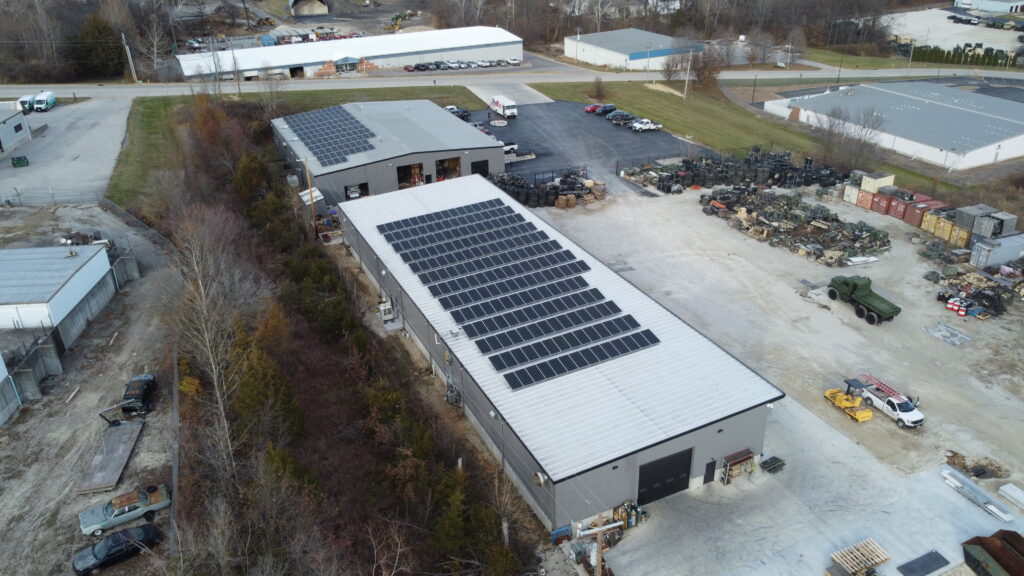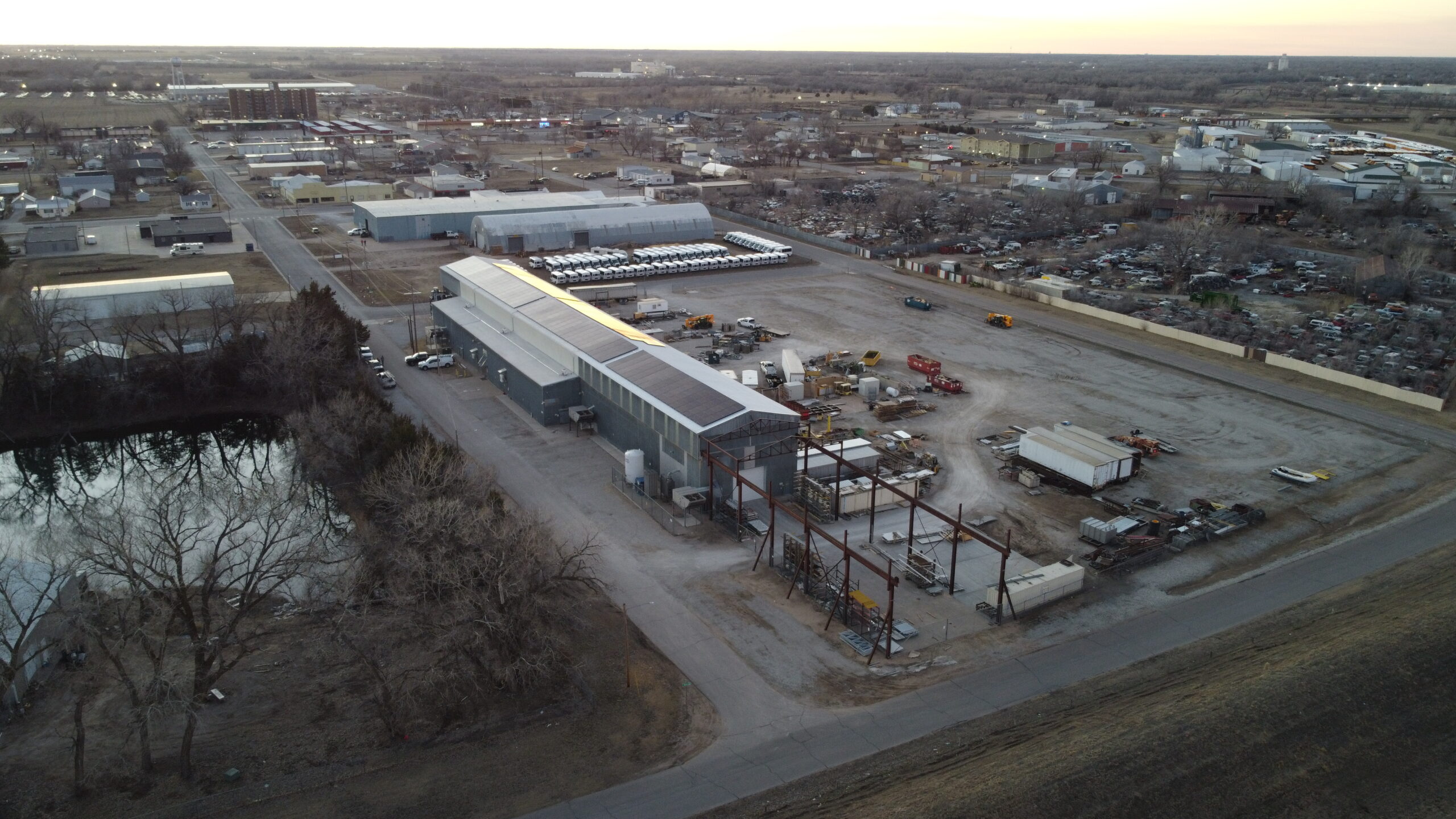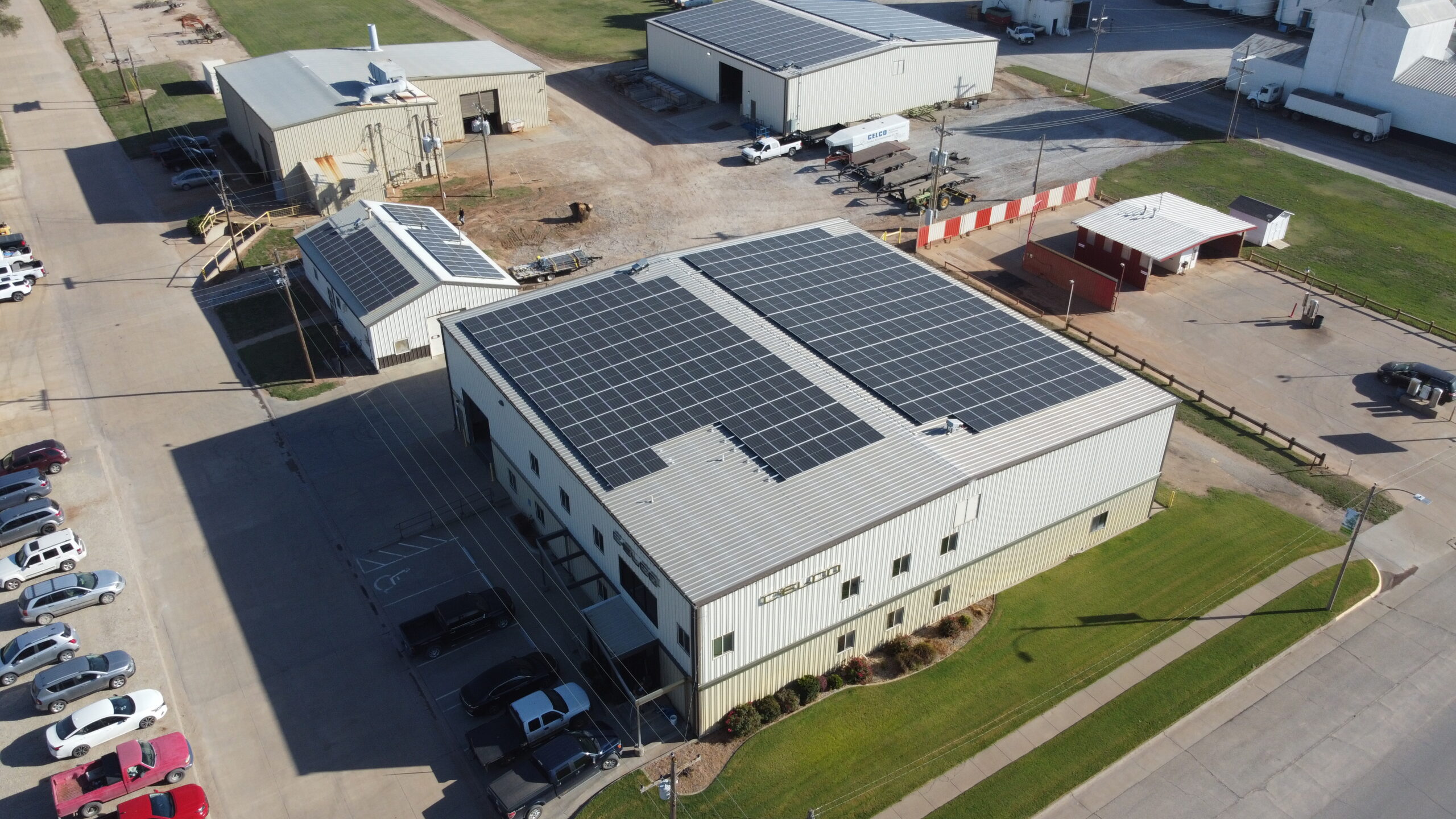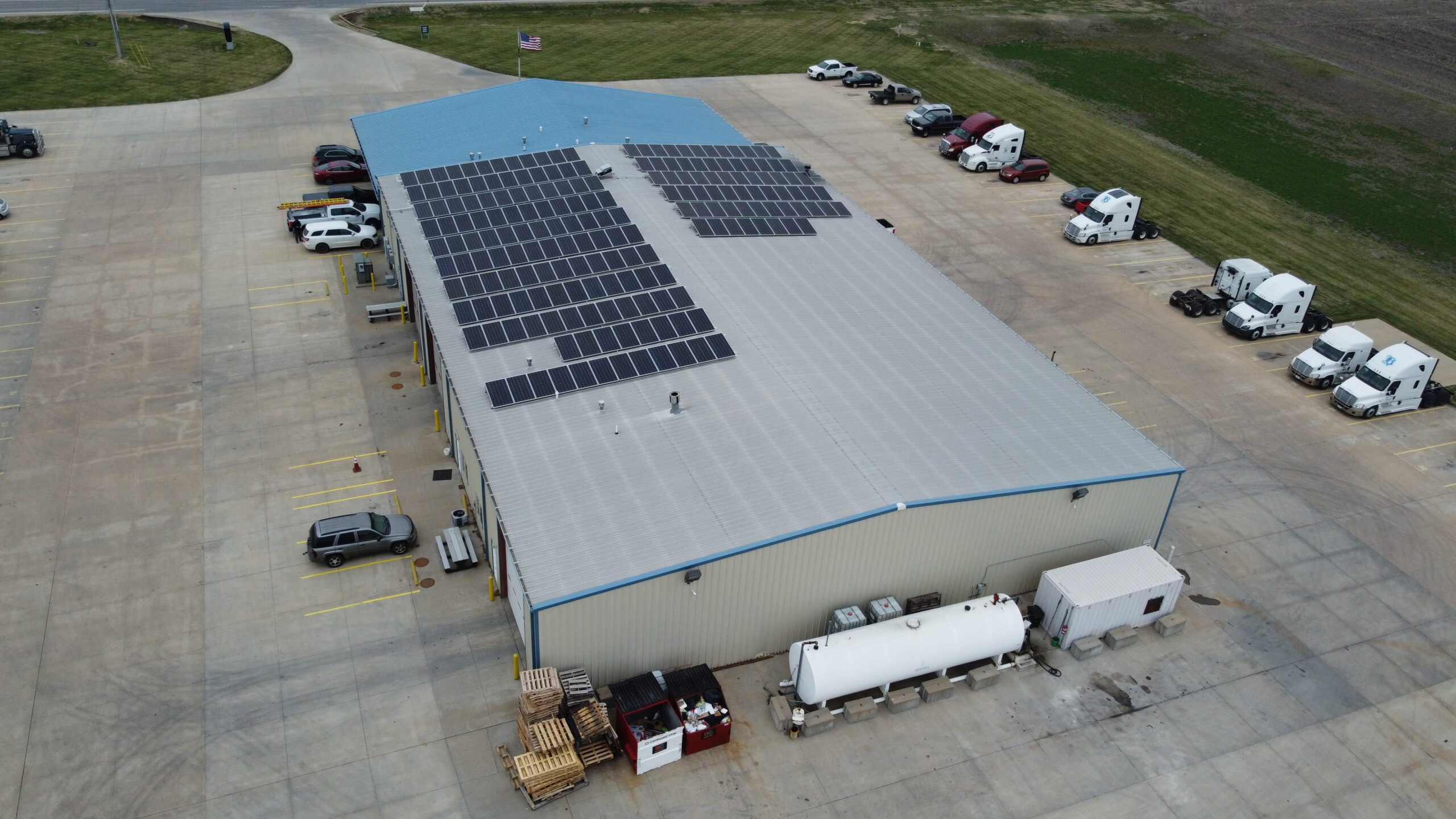Deciding to invest in commercial solar is a big move for any business. You’re not just thinking about cutting costs—you’re looking at long-term energy strategy, sustainability goals, and making a smart financial investment.
But how do you know if solar makes sense for your business? It’s not always a straightforward answer. You have to consider your building’s setup, your energy profile, financing options, and how your utility handles solar credits.
This guide breaks down the process step by step so you can make an informed decision about whether commercial solar is the right move for your operation.
Step 1: Assess Your Current Energy Usage and Costs
Before you start looking at solar panels, take a hard look at how your business uses energy. It’s not enough to know your electric bill is high—you need to understand why. Identifying where your money is going can help you figure out where solar might fit into the picture.
Start with your monthly utility bills. Pull the past 12 months of data and look for patterns. Are costs fairly consistent, or do they spike at certain times? Pay attention to peak usage periods and whether demand charges are a big part of your bill. These fees can add up if your business draws a lot of power at once.
Not sure where to start with all of this? A good Solar partner, like Artisun Solar, will help guide you through with an in-depth solar assessment to determine your best course of action.
Step 2: Understand Your Utility’s Solar Policies
Your local utility’s approach to solar is a big factor in how your system will perform financially. One of the most important questions to answer is whether your utility uses net metering or net billing.
- Net Metering: Your business gets credited at the same retail rate you’d pay if you were buying that electricity. It’s a 1-to-1 value swap, which means your excess energy can significantly offset your costs.
- Net Billing: You still send excess energy to the grid, but instead of getting a retail credit, you’re paid a lower rate—usually based on the utility’s avoided cost or wholesale rate.
Utilities also vary in how they apply credits—some do it monthly, others annually. And some place caps on system size or the amount of solar energy they’ll credit. Knowing the details upfront will help you make a more informed decision about your system size and expected savings.
Step 3: Evaluate Your Facility’s Suitability for Solar
Not every building is ideal for solar, and that’s okay. The key is to understand your building’s potential and any limitations before diving in.
Start by looking at your roof. Is it structurally sound? Will it last another 20-25 years, or is it due for a replacement soon? Solar panels are built to last, so it’s critical to have a roof that can keep up.
Next, think about space. Do you have enough open, unshaded roof area for panels? South-facing rooftops are ideal, but east or west orientations can work, too. If the roof isn’t an option, consider ground-mounted systems or solar carports, especially if you have unused land or parking areas.
Sun exposure is crucial. Are there trees, nearby buildings, or rooftop equipment that cast shadows during peak sunlight hours? Even partial shading can reduce system efficiency, so it’s worth doing a detailed assessment.
Step 4: Run the Numbers: Financial Considerations and ROI
Solar is a financial commitment, so you need to know what the investment looks like from every angle. Upfront costs, ongoing maintenance, and available incentives all factor into your decision.
Calculate the total installation cost, including panels, labor, permitting, and any necessary electrical upgrades. Then, consider potential incentives that could reduce your costs:
- Federal Investment Tax Credit (ITC): The ITC currently allows eligible businesses to deduct 30% of the solar installation cost from their federal tax liability. Eligibility can vary, so it’s a good idea to consult a tax professional.
- Accelerated Depreciation (MACRS): Some businesses may be able to depreciate solar equipment over a shorter period, potentially reducing taxable income. Check with your financial advisor to see if you qualify.
- State and Local Incentives: Depending on your location, you may have access to rebates, grants, or tax credits for commercial solar. Research what’s available in your area or ask your solar provider for guidance.
Since incentives vary, it’s essential to work with a knowledgeable solar partner and a tax professional to understand your options.
Step 5: Explore Your Financing Options
Not every business has the cash on hand to buy a solar system outright, and that’s okay. There are plenty of ways to finance a commercial solar project:
- Direct Purchase: You own the system, capturing all the savings and incentives.
- Solar Lease: Lower upfront cost, with predictable monthly payments.
- Power Purchase Agreement (PPA): You pay for the electricity generated, not the system itself.
- Solar Loan: Spread the cost out over time while keeping ownership.
The right choice depends on your financial situation and goals. Some businesses prefer ownership to maximize tax benefits, while others opt for PPAs to avoid upfront costs. Weigh your options carefully before making the call.
Step 6: Choose the Right Solar Partner
The company you choose to work with can make or break your solar project. Look for a provider with a track record in commercial installations, and make sure they know the ins and outs of your local utility’s policies.
Don’t just go with the lowest bid. Instead, choose a partner who understands how to design a system that matches your energy profile and utility structure. A one-size-fits-all approach won’t cut it. Make sure they’re transparent about expected savings and financial projections.
Artisun Solar walks you through each of these steps and tailors your system to your precise needs. Our team is dedicated to providing you with all the clarity you need so you can maintain peace of mind throughout the whole planning, installation, and maintenance process.
Final Thoughts: Making the Call on Commercial Solar
Investing in commercial solar is about saving on your electric bill and making a smart, long-term business decision that aligns with your financial goals. Taking the time to evaluate your energy usage, understand your utility’s policies, and assess your building’s suitability will help you make the right choice.
At Artisun Solar, we take a tailored approach to every project. We start with your building, your utility, and your business needs—then design a system that works specifically for you. Our commitment to accurate financial modeling and expert installation means you get the best possible return on your investment.
Take Control of Your Energy Future.
Ready to see if solar is the right move for your business? Request Your Free Solar Assessment Today.
Learn more by checking out our Guide To Solar Savings: Understanding the ROI and Benefits of Commercial Solar Energy





